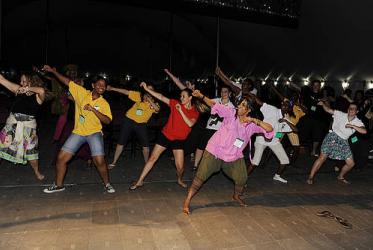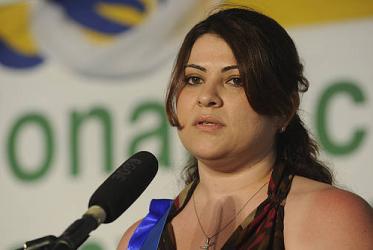Displaying 21 - 40 of 42
Symposium focuses on religion, violence, extremism
04 February 2016
Rebuilding a smashed church in Albania
23 December 2015
WCC urges responsibility for and support to the refugees in Europe
04 September 2015
Assembly renews churches’ commitment towards justice and peace
08 November 2013
Dialogue on politicization of religion and rights of minorities
17 September 2013
Concern and solidarity for Bangladesh
17 May 2013
When pastors prey: book breaks silence
20 May 2011
WCC Central Committee focuses on peace and justice
25 February 2011
Interfaith partners advocate for health at UN summit
17 September 2010
Putting faith at work to halt the spread of HIV
24 March 2010












